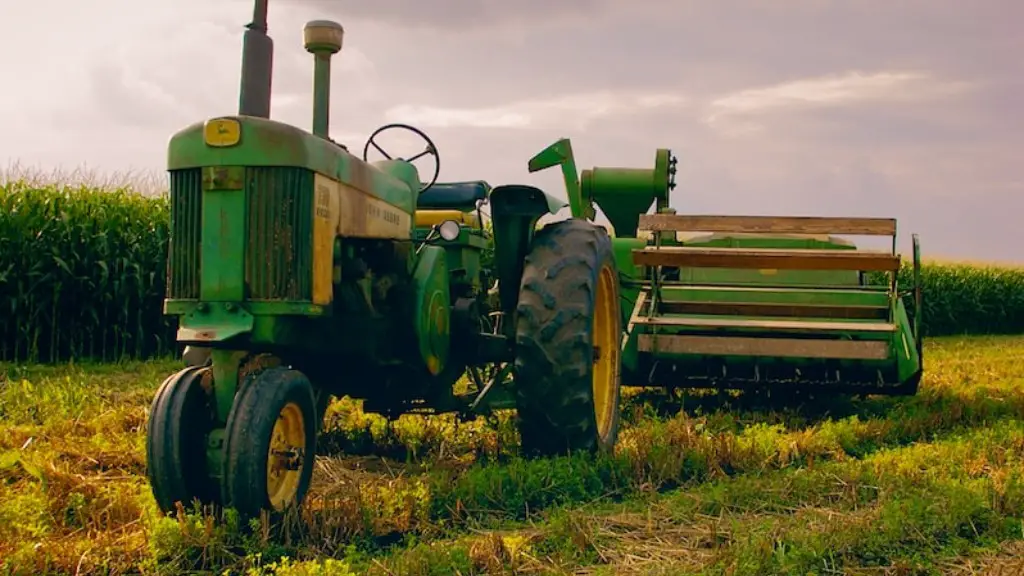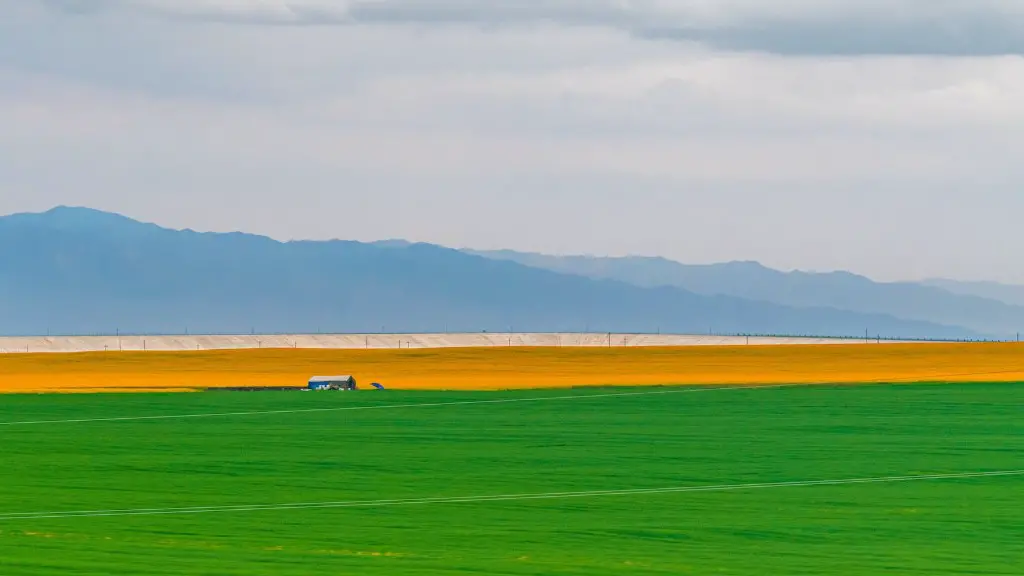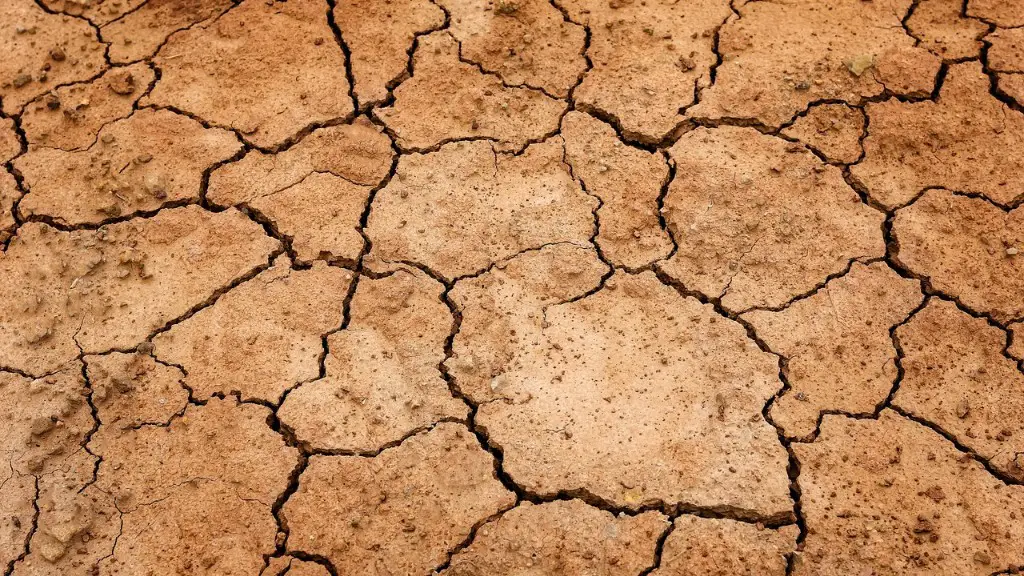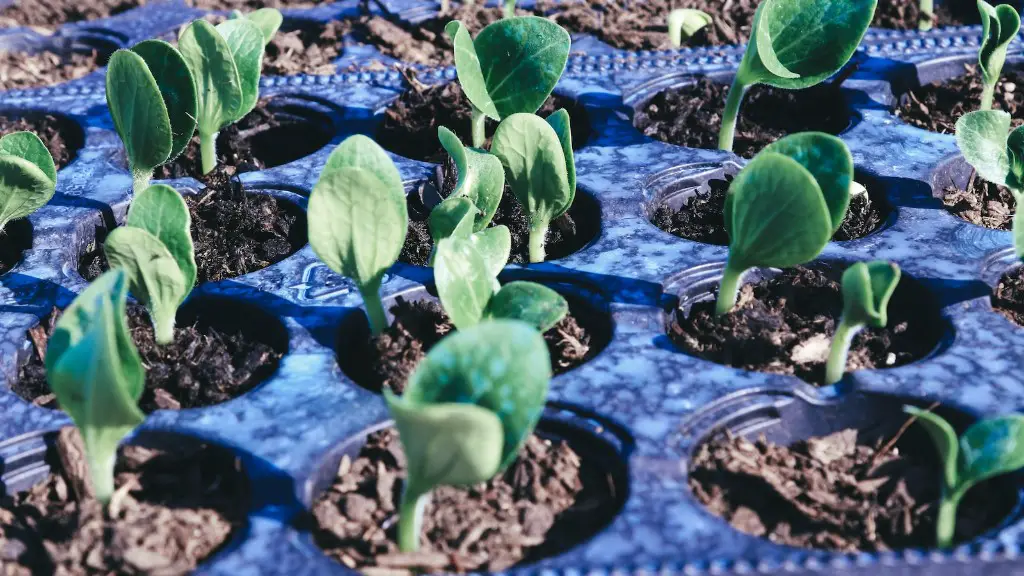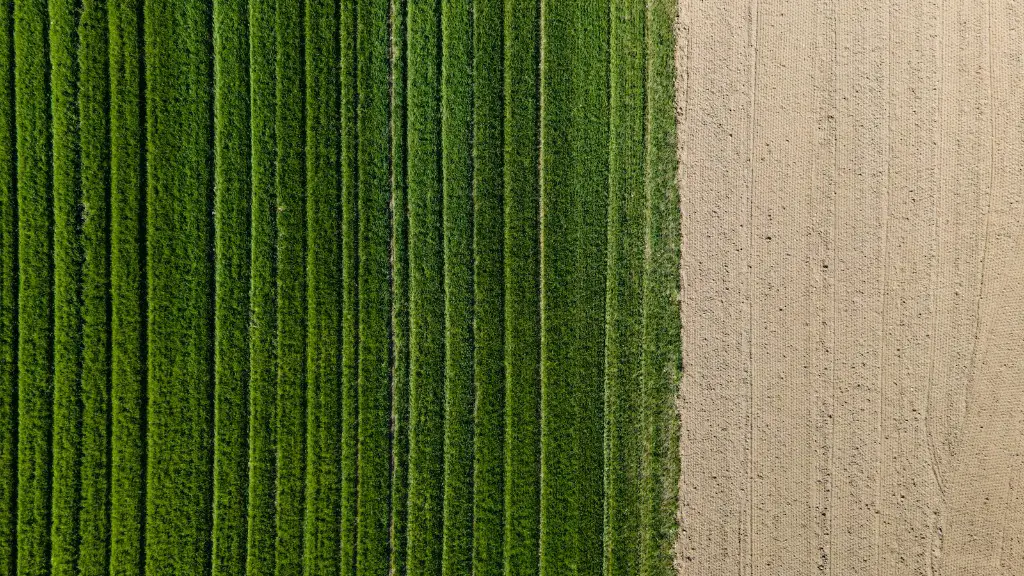In agriculture, extension services are a vital link between farmers and the latest research findings. These services provide farmers with information and technical assistance to help them improve crop yield, reduce production costs, and implement new technologies. farmers can access extension services through county extension offices, state extension offices, and online resources.
Extension services in agriculture refer to a wide range of services that help farmers and other agricultural businesses to be more successful. These services can include things like providing educational materials and training, helping farmers to access new markets, and providing financial and technical assistance. Extension services can be provided by government agencies, non-profit organizations, and private companies.
What is the meaning of extension services?
Extension services are a common feature of the administrative structure of rural areas. These services have the responsibility, in partnership with the farmers, of directing programmes and projects for change. The concept of extension is one which is open to a wide variety of interpretations. In general, extension can be defined as the process of transferring information and knowledge between different parties, with the aim of promoting change. In the context of rural development, extension services play a vital role in promoting new ideas and technologies which can improve the livelihoods of farmers and other rural residents.
Extension services typically comprise a team of extension workers who are based in a local community. These workers build relationships with farmers and other key stakeholders, and work with them to identify problems and needs. They then develop and implement programmes and projects which aim to address these needs. Extension workers typically have a wide range of skills and knowledge, and are able to provide advice on a range of topics, from agriculture and livestock husbandry to marketing and business development.
The success of extension services depends on their ability to develop strong relationships with the communities they work with. Extension workers need to be able to gain the trust of farmers and other stakeholders, and to understand their needs and aspirations. Only then can they develop programmes and
Extension methods are the communication techniques used by extension workers to connect with target groups. The purpose of extension methods is to facilitate farmers’ decisions regarding whether or not to adopt fish farming, and if so, how to go about it. Different extension methods will be more or less effective depending on the context and needs of the target group. It is important for extension workers to be aware of the variety of extension methods available and to select the most appropriate ones for their target groups.
What is agricultural extension and it example
Agricultural extension is a vital service that helps farmers improve their methods and techniques, increase production efficiency, and income. It also helps to improve the social and educational standards of rural life. Extension services provide farmers with the latest information on new techniques, products, and services. They also offer advice on financial and marketing matters.
Extension programs like WAAPP support producers by increasing their capacity and technical knowledge. This in turn leads to an increase or diversification in their harvest, which can potentially improve household consumption patterns. Such programs play an important role in developing countries, where small-scale farmers often lack access to information and resources.
What are the examples of agricultural extension services?
Land preparation is a critical step in successful crop production. Plowing, tilling, and other soil preparation activities help ensure that crops have the necessary space to grow, that nutrients are evenly distributed throughout the soil, and that potential problems such as weeds and pests are controlled.
After the land is prepared, crops must be planted. This usually involves seed, which must be selected based on the desired characteristics of the resulting plant. Once the seed is planted, it must be properly managed in order to ensure optimal growth. This includes activities such as fertilizing, pruning, mulching, and irrigation.
After the crop is harvested, it must be properly handled in order to preserve its quality. This includes activities such as cleaning, sorting, and packaging. Once the crop is ready for market, it must be properly valued and marketed in order to ensure a good return on investment.
Agricultural extension services are a vital part of ensuring that farmers are able to access information about the best agricultural practices. Technical services provide farmers with information about the latest techniques and technology that can be used to improve crop production. Facilitation services help farmers to connect with other farmers and extension workers who can offer advice and support. Advisory services provide farmers with expert advice on a range of topics related to agriculture.
How does extension services affect agriculture?
While extension services can help to somewhat level the playing field among farmers, productivity differences are likely to remain. This is because some farmers are naturally more adept at applying new knowledge and techniques, and also because some have more resources available to them. Nonetheless, extension can play a role in closing the productivity gap by helping all farmers to improve their skills and management practices.
Agricultural extension is a critical component of technology transfer, aimed at improving the knowledge of farmers for rural development. It has been recognized as a key factor in improving productivity and incomes for smallholder farmers, and enabling them to better adapt to changing economic and environmental conditions. In addition, agricultural extension can help promote sustainable land management practices, and improve food security and nutrition.
What are the activities of agriculture extension
The Agricultural Extension Division is responsible for technology assessment, demonstration, and capacity development activities related to agriculture. The division operates through a network of 11 Agricultural Technology Application Research Institutes (ATARIs) and 731 Krishi Vigyan Kendras (KVKs). ATARIs conduct research on various aspects of agriculture, including crop production, livestock management, and agroforestry. KVKs are located throughout the country and serve as training and extension centers for farmers, extension workers, and other agricultural professionals.
Agricultural and rural extension services are important in helping farmers and produce processors to organize themselves to meet their mutual agricultural interests. A long tradition in extension is group promotion and group organization, and FAO’s commitment to these purposes is well known.
What is community extension services?
Conducting community extension service is a great way to build relationships and help people in need. CES programs and activities are designed to help people by empowering them to sustain themselves. This is an important service that can really make a difference in people’s lives.
Extension is a process that helps bring about desirable changes in human behaviour. This can be done through education, which can help change people’s knowledge, skills, attitudes, understanding, goals, actions, and confidence. Change in knowledge means change in what people know.
Who provides agricultural extension services
The Ministry of Agriculture is responsible for the production, processing and distribution of agricultural products in Bangladesh. The department of agriculture extension is the department that provides extension services to farmers. This department provides services to farmers such as technical assistance, training, information and advice on agricultural production. The department also promotes new technologies and practices among farmers.
Agricultural extension is a process of delivering information and knowledge to farmers to help them improve their farming practices. Extension workers typically work with farmers to identify problems and needs, and then provide information and resources to address those needs. Extension workers may also provide training and coaching on new farming techniques and practices.
What are the main and most important objectives of agriculture extension?
The Extension provides assistance to farmers and fisherfolk to identify and find solutions to issues of production, farm management and marketing through exchanges of information, techniques, and methodologies among co-farmers, extension agents, input suppliers, credit agencies and traders. This is a valuable resource for farmers and fisherfolk who are looking to improve their production and marketing strategies.
As our cities develop and change, it is important that we take the time to engage with our community members to ensure that we are meeting their needs. One way to do this is to conduct a community needs assessment. This can be done through surveys, interviews, and focus groups. Once we have a better understanding of the needs of our community, we can work together to develop an improved urban environment.
Warp Up
Extension services are services that provide information and technical assistance to farmers and other agricultural producers. These services can be provided by government agencies, universities, or private organizations. Extension services can help farmers with a wide range of topics, including crop production, animal husbandry, business management, and environmental stewardship.
Extension services are a vital part of the agricultural industry, providing farmers with information and resources to help them improve their operations. Extension services can help farmers with everything from crop and livestock management to marketing and financial planning. By investing in extension services, farmers can improve their productivity and profitability, and ensure that their operations are sustainable in the long term.
